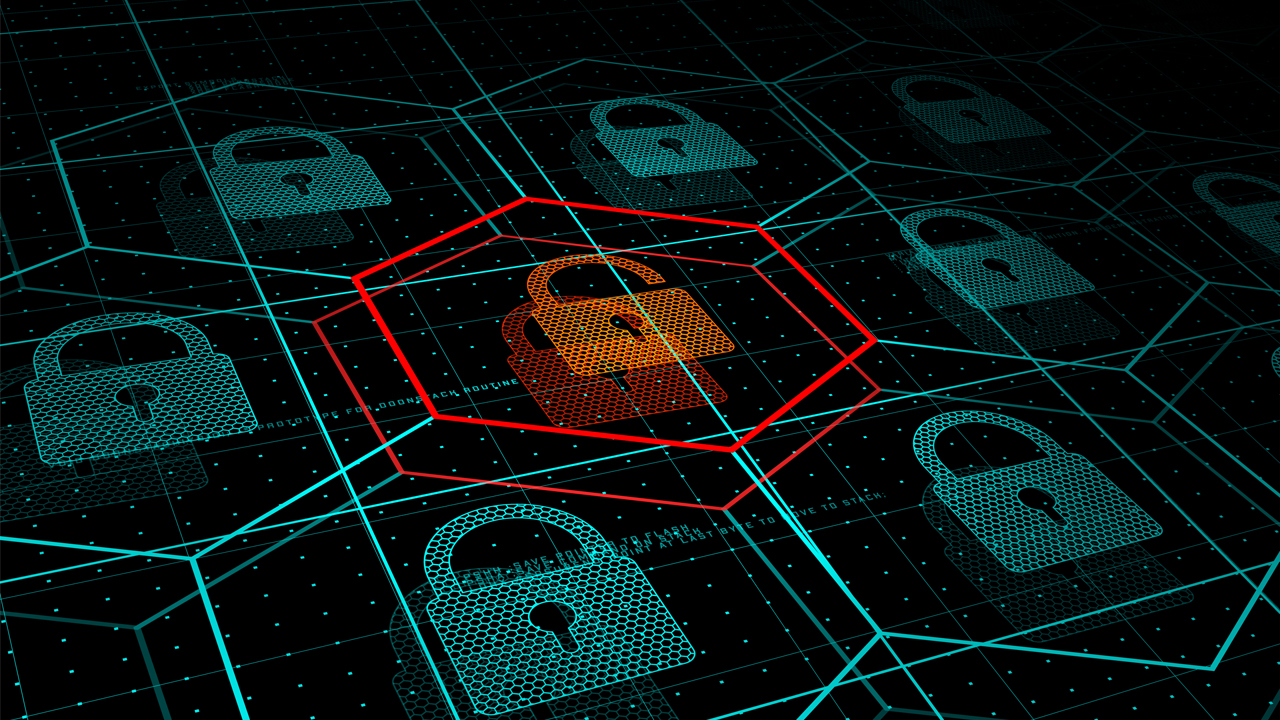How to avoid DDoS attacks when gaming
Circumvent malicious network attacks with a VPN

Online gaming is serious business to many people. Some players will try anything to get an advantage in their games, including instigating distributed denial-of-service (DDoS) attacks across the internet that temporarily cripple their rivals’ computers.
The best VPN providers offer a solution that can work as a barrier against this kind of attack. By using a gaming VPN, you can entirely avoid the effects of DDoS attacks.
- Here's our walkthrough on how to spoof your location for Pokémon GO
What is a DDoS attack?
A DDoS attack is a malicious attempt to disrupt the network of a remote computer. In the context of gaming, an opposing team may use a DDoS attack to impair the speed of the connection between your network and the game servers.
If you can’t access the game servers reliably, you can experience lag, delays, or dropouts. This gives the other team an advantage. In many cases, a coordinated DDoS attack can mean you can’t access the game servers at all, taking you out of the competition completely.
How does a DDoS attack work?
DDoS attacks work by overloading your network or its surrounding infrastructure with internet traffic. Though single-source denial-of-service attacks exist, traffic from one source on the internet won’t make too much of a dent in network performance. DDoS attacks are nastier because they send floods of traffic from multiple locations at once.
Often, DDoS attacks originate from compromised computers and devices that have been infected by malware. The malicious actor here only needs to send a single instruction to the thousands of “bots” in the “botnet,” directing them to target massive amounts of internet traffic at your IP address. Your network gets overloaded, and you can’t function properly in your game.
- What is a VPN? Here, we explain all

Can DDoS attacks be avoided?
DDoS attacks affect much more than just gamers. Corporations, governments, and military operations have all been targets of DDoS attacks, so multiple mitigation strategies have emerged.
Most of these strategies require an additional firewall between your network and the internet, which attempts to intelligently ascertain which traffic is genuine and which should be sent into a virtual black hole.
Others throttle the number of connections that each remote computer can make, effectively slowing down the service for everyone but ensuring that genuine visitors can still access the network when a DDoS attack occurs.
Another strategy is spreading incoming traffic to a network of distributed servers so the spike in traffic doesn’t overwhelm a single server. Businesses often use cloud-based DDoS protection like CloudFlare, which offers a buffer between your network and the internet.
These strategies may work for big businesses and governments, but they’re not practical for most gamers. To circumvent DDoS attacks in gaming, you can consider the use of a VPN.
Can a VPN protect against DDoS attacks?
To comprehend how a VPN can help protect against DDoS attacks, first understand that when you’re playing an online game, you’re connecting to the internet from a unique IP address. In many games, it’s easy for other players to see your IP address. They then direct their DDoS attacks at this address.
When you use a VPN, your real IP address is hidden. Hackers will instead see the IP address of the VPN server. They can attack the IP address of the VPN server if they wish, but a secure VPN will have extensive DDoS protection, so the attacks won’t make a dent in network performance.
Bottom line
DDoS attacks are malicious attempts to cause network disruption. In the case of gaming, they are coordinated attempts to knock you off the gaming servers or cause you to experience lag by overloading your home network with internet traffic.
You can help avoid DDoS attacks with the use of a firewall. But if you experience persistent DDoS attacks, consider the use of a VPN service. Using a VPN will mask your real IP address from others, and any DDoS attacks will be sent to the VPN provider instead. Many VPN providers for gamers typically have excellent DDoS protection, so you should be able to continue gaming unperturbed.
What do we recommend?
As a VPN to use when gaming, no service comes close to ExpressVPN, free or paid. With over 3,000 servers in nearly 100 countries, all the security features necessary, blazing connection speeds, and reliable access to multiple streaming services, ExpressVPN is an excellent choice for those after security with no compromises.
While some users may prefer certain features of other top VPNs, it’s the best overall option for most users – and now Tom’s Guide readers can claim three months absolutely free. Check out our full ExpressVPN review for more info.
Get instant access to breaking news, the hottest reviews, great deals and helpful tips.

Richard is a technology writer with over 20 years experience in website development, marketing, and SEO. A graduate in Computer Science, he has lectured in Java programming and built software for companies including Samsung and Walmart. Richard writes for TechRadar, IT Pro, Tom's Guide, and PC Gamer.
 Club Benefits
Club Benefits






